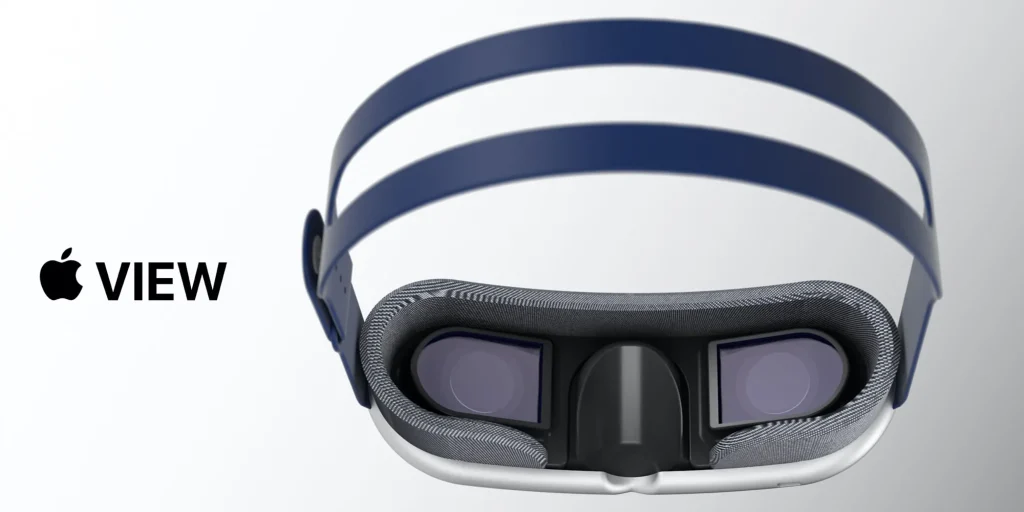In an effort to enter its first new product category in years, Apple Inc. may be staking claim to prospective names for its highly anticipated mixed-reality VR/AR headgear, according to trademark filings. Applications for the names “Reality One,” “Reality Pro,” and “Reality Processor” have been submitted in the US, EU, UK, Canada, Australia, New Zealand, Saudi Arabia, Costa Rica, and Uruguay.

Although Apple did not file the documents, they adhere to a pattern that the iPhone manufacturer has previously employed, including relying on law firms that the business has previously engaged to secure brands.
Apple’s headset is anticipated to mix augmented and virtual reality technology and thrust the corporation into more direct competition with Meta Platforms Inc, the top supplier of VR equipment. The Apple Watch marks the company’s first new hardware category entry in seven years.
A representative for Apple, based in Cupertino, California, declined to comment on the papers. The trademark applications have not yet been accepted, and there is no assurance that any of the names will appear on future Apple products.
However, there are hints that Apple is preparing for its entry into the headset market. Earlier this year, trademark applications for the moniker realityOS that were connected to Apple also surfaced.
According to documents obtained by Bloomberg News, the new trademarks are all registered to a fictitious company called Immersive Health Solutions LLC, which was established in February. Another Delaware shell corporation, the Corporation Trust Co., which is frequently used for filings by businesses trying to escape detection, registered that entity. The same business was behind the RealityOS trademark.
The company behind the trademarks relied on many well-known and boutique legal firms in each operating nation to file the trademark paperwork, a process that started in Canada with an original application in February and in several other countries in August.
The filer hired law firms in the US, Canada, and New Zealand that Apple has previously engaged for trademark registration or other legal issues. For instance, the “Reality” filings in New Zealand were handled by the legal team at Simpson Grierson. The corporate name Apple Sales New Zealand was registered by Apple using the same company.
Apple has historically used the same procedure to reserve names for new products months or even years before they are released. The strategy reduces the likelihood that Apple may subsequently have to purchase the names from another trademark holder. Before the iPhone debuted in 2007, the business decided against the strategy, and in the end, it had to come to terms with Cisco Systems Inc. for the name.
In 2023, Apple plans to launch its first mixed-reality headset at the upper end of the market, but throughout development, the gadget had troubles with camera sensors, software, and overheating.
The names “Reality One” and “Reality Pro” might theoretically be alternatives for the new device if Apple is truly the party behind the trademarks. Additionally, the business might be registering various names in case it decides to produce a variety of gadgets in the future.
Apple is already working on follow-up gadgets, and it expects its first headset, code-named N301, to be among the most powerful and expensive ones available when it releases. The fact that the product is occasionally referred to as “Reality” within Apple suggests that the title is at least being considered for the final product.











